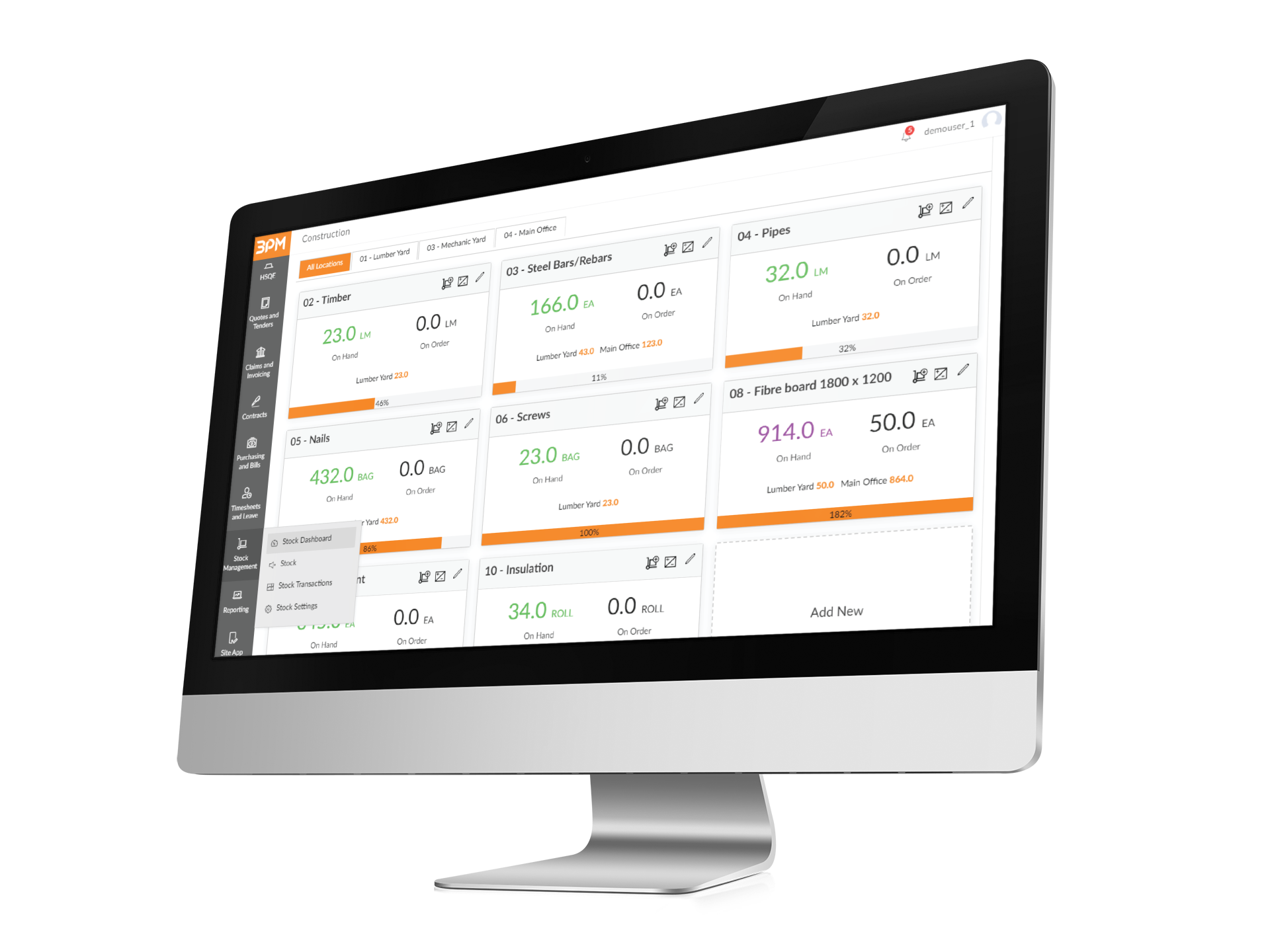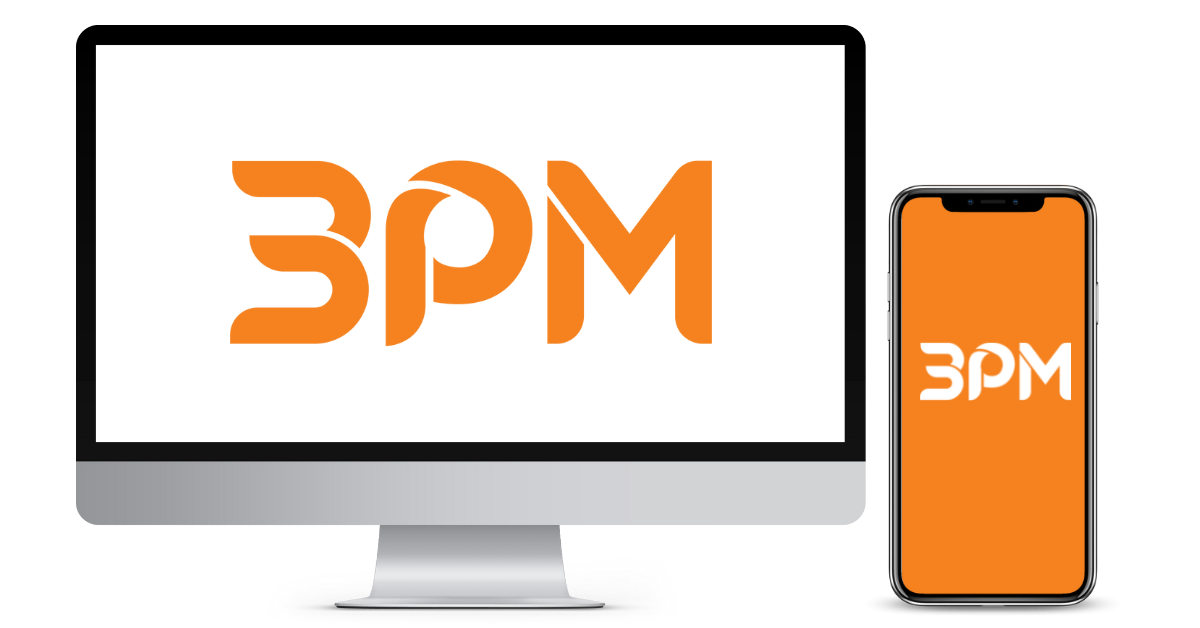Embracing Industry 4.0: Transforming Aotearoa’s Construction Sector
The Fourth Industrial Revolution, also known as Industry 4.0, is transforming sectors worldwide with a seismic shift towards digitisation,...

As the name suggests, industry-specific software, often referred to as vertical software, is designed to cater to the unique requirements of a specific industry or niche. These software solutions are tailored to address the intricacies and specific needs of a business sector, such as construction, facilities maintenance, technical services, or public services. These needs can range from regulatory compliance and industry workflows to specific data models and integrations.
Unlike horizontal software that aims to provide solutions across multiple industries (think generic tools like Microsoft Office or Google Suite), industry-specific software is laser-focused on a single industry, providing specialized tools that enable companies to streamline their operations and enhance productivity.
When considering software options for a business, it's essential to understand the differences, benefits, and potential drawbacks of both industry-specific software and Software as a Service (SaaS). Here's a comparative analysis:
Pros:
Tailored Solutions: The most significant advantage of industry-specific software is its ability to offer tailored solutions for unique business needs, specific to an industry. It is designed with specialized features, addressing the typical challenges and demands of the industry.
Efficiency and Productivity: Due to its customized nature, industry-specific software can significantly enhance operational efficiency and productivity by integrating seamlessly with existing workflows.
Regulatory Compliance: Industry-specific software often includes features that help businesses adhere to industry regulations and standards, reducing the risk of non-compliance.
Cons:
Limited Flexibility: These software solutions are designed for specific industries, which can limit their flexibility to adapt to needs outside of those industries.
Cost: Industry-specific software can be more expensive than general software due to the specialized features and functions it offers.
Dependency on the Provider: If the software provider decides to discontinue the product or goes out of business, users may have to find a new solution, which can be a significant disruption.
Pros:
Ease of Use and Accessibility: SaaS platforms are generally user-friendly and accessible from any device with an internet connection, offering flexibility and convenience.
Scalability: SaaS solutions can be easily scaled up or down based on business needs, making them a cost-effective choice for businesses of all sizes.
Automatic Updates: SaaS providers handle all updates and upgrades, ensuring users always have access to the latest version of the software without having to worry about maintenance.
Cons:
Generic Features: While SaaS solutions can serve a wide range of industries, their features are often generic and may not address specific industry needs as well as industry-specific software.
Dependency on Internet Connectivity: Since SaaS applications are cloud-based, they require a reliable internet connection. Any connectivity issues can disrupt access to the software.
Data Security: While many SaaS providers have robust security measures, using cloud-based software means entrusting sensitive data to a third-party, which can be a concern for some businesses.
In conclusion, the choice between industry-specific software and SaaS depends on a company's specific needs. Industry-specific software is best suited for businesses that require specialized features and functionalities, while SaaS is a flexible, scalable, and cost-effective solution for businesses with more general needs. It's essential to evaluate your specific requirements, budget, and resources before choosing the most suitable software solution.
Industry-specific software offers customized solutions that align with the specific workflows and processes of an industry. For example, construction management software will have features like project scheduling, cost estimation, and site management that cater specifically to the needs of construction firms. This results in more effective and efficient operations.
Certain industries like public services and facilities maintenance are heavily regulated. Industry-specific software can help businesses comply with regulations by integrating compliance measures into their workflows. This not only reduces the risk of non-compliance but also simplifies the process of maintaining and demonstrating compliance.
Industry-specific software often includes advanced data analytics tools tailored to the particular needs of an industry. This can provide valuable insights and support better decision-making. For instance, facilities maintenance software may offer predictive analytics capabilities, helping companies anticipate equipment failures and schedule preventative maintenance, thereby saving costs and avoiding downtime.
As these software solutions are designed for a specific industry, they often integrate seamlessly with other tools commonly used in the sector. This enables companies to create a unified technology ecosystem, reducing manual data entry and improving data accuracy.
By leveraging industry-specific software, mid-market companies can gain a competitive edge. These software solutions can drive efficiency, reduce costs, improve service quality, and ultimately enhance customer satisfaction.
In conclusion, for mid-market companies operating in the construction, facilities maintenance, technical services, and public services sectors, industry-specific software isn't just a nice-to-have – it's a strategic necessity. By aligning software solutions with industry-specific needs, these companies can drive efficiency, ensure compliance, make informed decisions, and stay ahead of the competition.
3PM, a leading provider of industry-specific software, has embraced the concept of hyperautomation to further tailor their software solutions to the unique needs of each industry. Hyperautomation, an advanced form of automation that involves the use of artificial intelligence (AI) and machine learning (ML), is a game-changer in software development, enhancing customization, scalability, and efficiency.

The Fourth Industrial Revolution, also known as Industry 4.0, is transforming sectors worldwide with a seismic shift towards digitisation,...

The Construction Sector Accord in New Zealand stands as a testament to the dedication and commitment towards transforming the construction sector....

The construction industry is a complex, dynamic entity encompassing myriad stakeholders, processes, and activities. It has long wrestled with issues...

Hyperautomation, the practice of applying advanced technologies such as Artificial Intelligence (AI) and Machine Learning (ML) to automate tasks and...

The rise of digital transformation has compelled businesses across industries to revamp their operations, and the construction sector is no...

New Zealand's construction industry is taking a proactive approach to creating a sustainable built environment. Through collaborative efforts between...